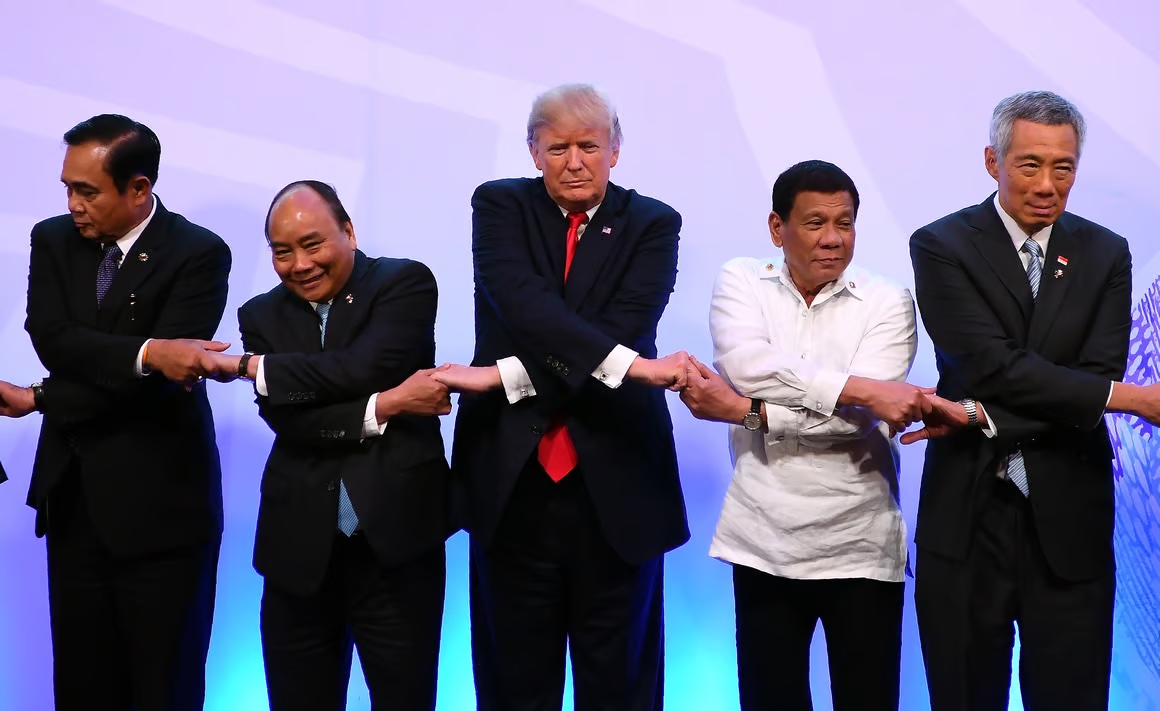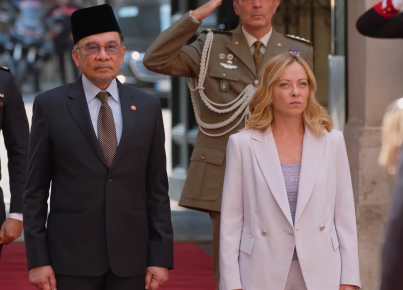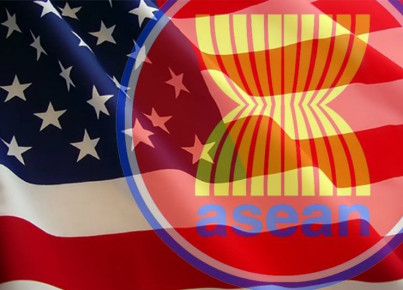We publish here the excerpt of an analysis by Joshua Kurlantzick for the Council on Foreign Relations
After the debate for the United States presidential elections, even in South-East Asian countries people are starting to wonder about the possible meaning of a possible return of Donald Trump to the White House. In recent years, with the exception of the Philippines under Ferdinand Marcos Jr., who strongly sided with the United States, the countries of the ASEAN area have attempted to maintain their traditional multipolar approach between the two great powers. This is demonstrated very well by the actions, always based on the principle of neutrality, of Indonesia and Vietnam. But a second Trump administration could increase tensions between the United States and China to the point that even Southeast Asian countries, long adept at striking a balance, may find it difficult to avoid taking sides. A second Trump administration is unlikely to focus much on the region. In his first term, Trump forged personal ties with some Southeast Asian leaders, such as former Philippine President Rodrigo Duterte. Overall, however, Trump has given the region a relatively low priority. Furthermore, his protectionist approach to trade stood in stark contrast to the economic integration that had occurred throughout East Asia. In this vacuum, however, it was the great powers such as Japan and China that led the economy. Trump gave many speeches in the 2023-2024 election season and talked a lot about China. He made little, if any, mention of a future approach to Southeast Asia. In addition to trying to keep the Philippines firmly in the U.S. camp, a second Trump administration would likely put enormous pressure on states like Indonesia, Malaysia, Vietnam, Singapore and perhaps others to go along with U.S. efforts to push multinationals, including those based in Southeast Asia, to leave China, moving their supply chains. Trump, intensely focused on the belief that virtually all foreign countries trade unfairly with America, may be even less shy, in a second term, about imposing tariffs on the same Southeast Asian states.






